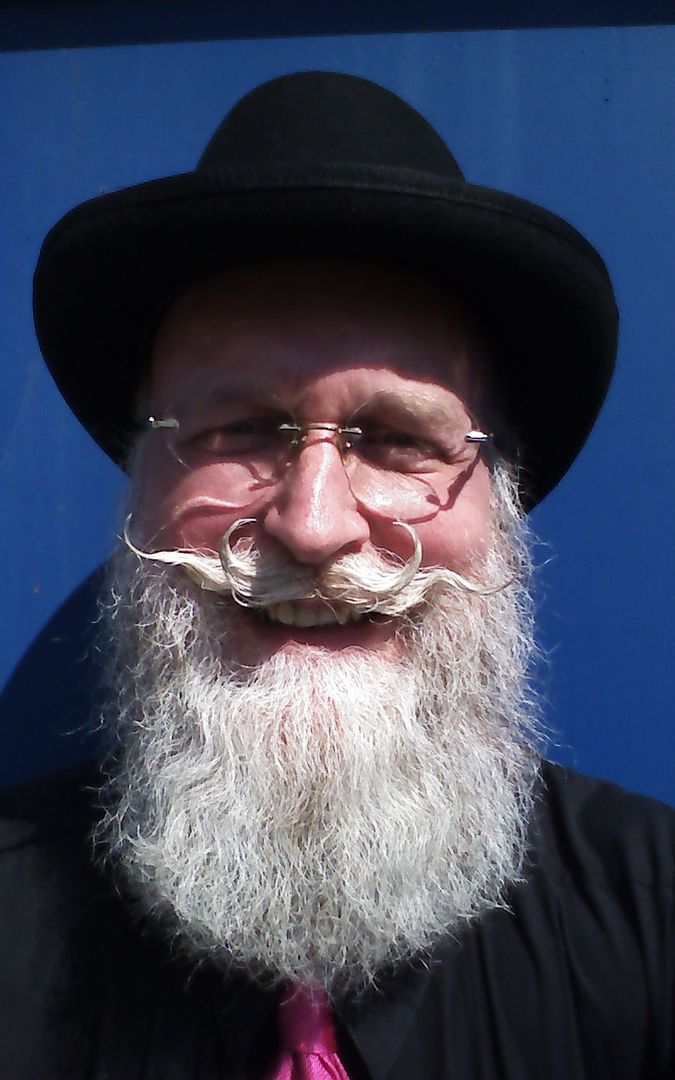

 The Accurate Reloading Forums
The Accurate Reloading Forums  THE ACCURATE RELOADING.COM FORUMS
THE ACCURATE RELOADING.COM FORUMS  Guns, Politics, Gunsmithing & Reloading
Guns, Politics, Gunsmithing & Reloading  Gunsmithing
Gunsmithing  Blue salts - will this work?
Blue salts - will this work?Go  | New  | Find  | Notify  | Tools  | Reply  |  |
| one of us |
I found a local chemical supplier for some of my bluing supplies. The shipping and hazmat fees were killing me. They sell sodium hydroxide, which is the chemical in bluing salts. I'm thinking about trying some in place of the Dulite steelkote I've been using. Anyone done this? Does Dulite or Brownell's have anything other than sodium hydroxide in the salts? Mark Pursell | ||
|
| one of us |
When I did gun blueing (yikes almost 30 years ago As usual just my $.02 Paul K | |||
|
| one of us |
Remember that main ingredient is not the same as "most important" ingredient. The nitrates are the stuff that actually does the bluing. I haven't looked lately, but an old copy of the Handbook of Chemistry and Physics will have a chapter on recipes in the back. Had all sorts of neat stuff. You might find a bluing salts recipe there. Unfortunately, they removed this chapter from the newer editions of the book. (I just checked. They have a cold blue procedure that sounds as if it will work ... but will be very smelly! There is a hot caustic blue procedure here: http://yarchive.net/gun/bluing.html and some other bluing procedures here: http://www.finishing.com/0800-0999/982.shtml Am a little surprised that a good recipe for caustic salts and for molten salts is not more readily available!) Mike -------------- DRSS, Womper's Club, NRA Life Member/Charter Member NRA Golden Eagles ... Knifemaker, http://www.mstarling.com | |||
|
| one of us |
Mark In the old days I experimented with shop made formulas. My best success was with a formula I found in Roy Dunlaps book. Not only did it work the best but was really simple for knot heads like me. 1 gallon of water, 5 pounds of sodioum hydroxide (lye), and 2 1/2 pounds of amnonium nitrate. Working temperature is 285 - 295 degrees. The ammonium nitrate does the coloring, the sodium hydroxide is used to raise the boiling point and reduce the ability of the ammonium nitrate to boil off. The sodium hydroxide will boil off some and you will have to add a little now and then. When you first mix this stuff and add the heat, the ammonia smell will really be bad, have lots of ventilation, next time the smell will not be near as bad. This is a very wear resistant blue and is said to be close to the formula the germans developed around world war II. Craftsman | |||
|
one of us |
The ammonium nitrate is a substitute for sodium or potassium nitrate, which are difficult to buy now. Too many kids liked to experiment with making BP. When you mix it with lye, you get sodium nitrate and ammonia gas. You'd better be outside and upwind of the pot. But it works fine. Your neighbors will likely report you to the police as a suspected meth maker, or as a terrorist releasing poison gas. Ammonium nitrate itself is hard to come by now, as the prilled ammonium nitrate fertilizer is off the market. But there are fertilizers that are mostly ammonium nitrate with a little bit of other stuff added. Look for ratings close to that of ammonium nitrate, 34-0-0. "A cheerful heart is good medicine." | |||
|
| one of us |
Thanks for the replies fellas. I'm going to give it some more thought and research. My bluing room is a bit small. Even with the windows open and the fan going, I'm not sure that I want to gas myself to save a few bucks. It's a nasty enough job as is. I'm still going to buy the dry sulfamic acid I need from the local guy. Maybe I can wrap my mind around that much savings and call it good. Mark Pursell | |||
|
| Powered by Social Strata |
| Please Wait. Your request is being processed... |
|

Visit our on-line store for AR Memorabilia

